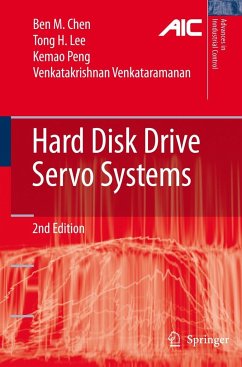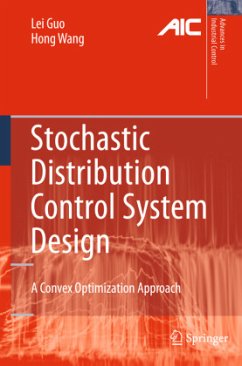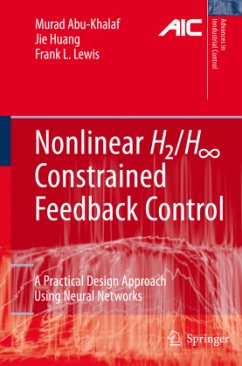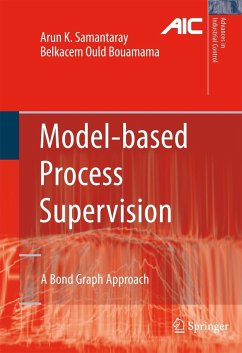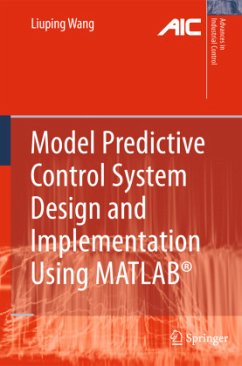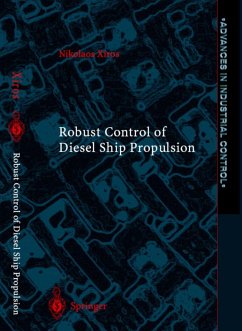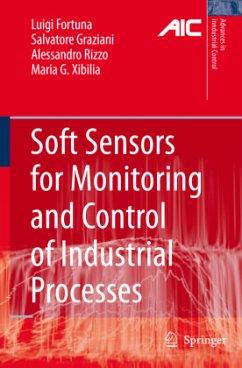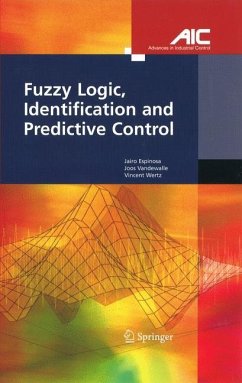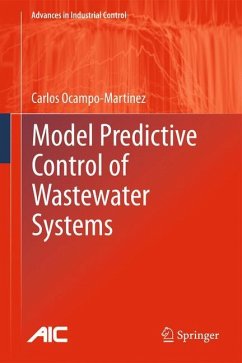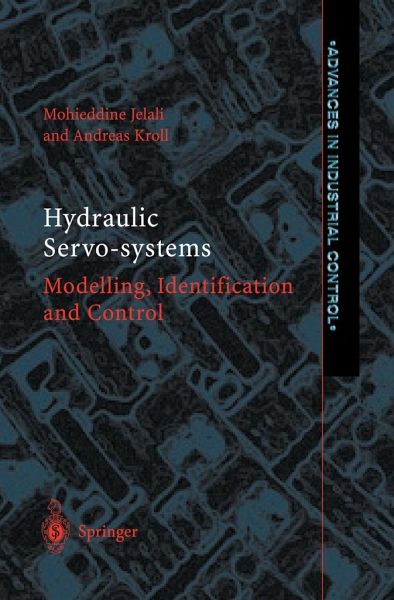
Hydraulic Servo-systems
Modelling, Identification and Control
Versandkostenfrei!
Versandfertig in 1-2 Wochen
153,99 €
inkl. MwSt.
Weitere Ausgaben:

PAYBACK Punkte
77 °P sammeln!
Hydraulic Servo-systems details the basic concepts of many recent developments of nonlinear identification and nonlinear control and their application to hydraulic servo-systems: developments such as feedback linearisation and fuzzy control. It also reviews the principles, benefits and limitations associated with standard control design approaches such as linear state feedback control, feedforward control and compensation for static nonlinearities, because of their continued practical importance. Featuring: theoretical (physically based) modelling of hydraulic servo-systems; experimental model...
Hydraulic Servo-systems details the basic concepts of many recent developments of nonlinear identification and nonlinear control and their application to hydraulic servo-systems: developments such as feedback linearisation and fuzzy control. It also reviews the principles, benefits and limitations associated with standard control design approaches such as linear state feedback control, feedforward control and compensation for static nonlinearities, because of their continued practical importance. Featuring: theoretical (physically based) modelling of hydraulic servo-systems; experimental modelling (system identification); control strategies for hydraulic servo-systems; case studies and experimental results. Appendices outline the most important fundamentals of (nonlinear) differential geometry and fuzzy control. The book is very application-oriented and provides the reader with detailed working procedures and hints for implementation routines and software tools.





